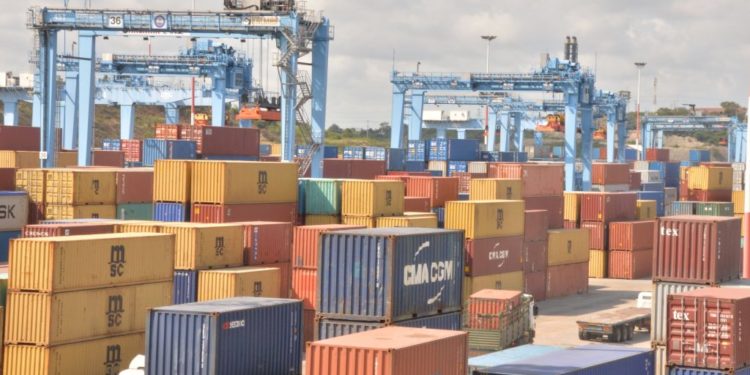South Sudan has halted a transportation deal with the Nairobi Freight Terminal, which had been given exclusive rights to handle all its cargo passing through the MombasaPort.
In a letter dated 28th July 2022, South Sudan Minister for Transport Madut Biar said the agreement had resulted in increased freight rates, charges, and delays in clearance of cargo, which in turn led to rising prices of goods in South Sudan.
In an earlier letter dated February 25, South Sudan said the appointment of the Nairobi Freight Terminal would decongest the Port of Mombasa, and reduce transport costs to South Sudan by partly using Standard Gauge Railway (SGR).
Kenya International Freight and Warehousing Association (Kifwa) national chairman Mr Roy Mwanthi says the directive to restrict transport of cargo through the Standard Gauge Railway (SGR) to Nairobi Freight Terminal went against international trade practices that allow free trade.
Mr Mwanthi argued that Kenya has a variety of customs agents and cargo handling experts who would have lost business because of the directive which he termed a monopolistic tendency aimed to elbow Kenyan firms out of the lucrative market.
On 13th June 2022, the Association of South Sudan Manufacturers (ASSM) wrote to the Trade and Industry CS expressing disappointment at the cargo haulage order, noting that it would raise transport cost by $1,500 per container following double handling in Mombasa and Nairobi, as well as rail charges.
ASSM chairman Adam Kubanja argued that most traders and manufacturers in his country had invested in trucks to transport cargo, but were forced to pay extra costs for transportation by rail to Nairobi.
South Sudan is the second biggest transit market for the Port of Mombasa after Uganda. More than 800 containers and 2,000 vehicles pass through Mombasa to the country every month.
See Also:




